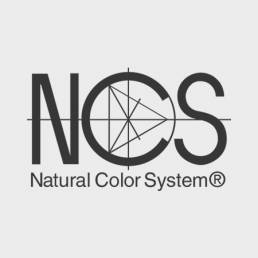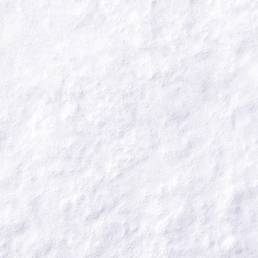
A uniform material that, through advanced industrial techniques, allows us to replicate and improve the characteristics of naturally occurring materials. It is one of the materials classed as “solid surface”, a homogeneous synthetic material that does not have a skin, meaning that the outer surface has the same properties as the inside.
Scene is an advanced composition of raw materials including mineral compounds, organic polymers and specific additives which are designed to be moulded into complex forms, allowing us to achieve robustness, uniformity and beauty.
In addition to the standards that the product features must meet, the properties of Scene and solid surface materials are developed under the international standard ISO19712. These include measurements of resistance to water, thermal shock, heat, impact, staining, chemical products, cigarette burns and tests to guarantee colour stability, hardness, resistance to micro-organisms, cleanliness and hygiene as well as renewability and its ability to bond.
CLEANING
For day-to-day cleaning it is recommended that you use a non abrasive sponge or damp cloth with a ph neutral soap, multipurpose cleaner or an ammonium based cleaning agent according to the deepness of the clean to be undertaken. Apply with a multipurpose cleaner and lightly abrasive dual purpose sponge is recommended (similar to those used for the day-to-day cleaning of crockery) or soft cloth then proceed to rinse with fresh clean water and dry with a soft cloth.
When the need to remove limescale arises we recommend the use of habitual limescale removing creams, leaving it to act on the limescale for about 1 minute before proceeding to rinse with fresh clean water and dry with a soft cloth.
When the need for a deeper clean arises due to stains such as coffee, permanent marker, grazes, marks left by soft metals or lit cigarette etc we recommend the use of a lightly abrasive scouring cream (preferably JIF®) alongside a lightly abrasive pan scrub (the more abrasive side of the dual purpose sponge, for example). Pour the scouring cream onto the surface of the Scene product and, using the pan scrub in a circular motion, scrub the surface until the stains have been completely removed then rinse with fresh clean water and dry with a soft cloth.
PRECAUTION
Avoid any type of contact with chemically aggressive products (solvents, acids, thinners, bleach, alcohol etc…), which may cause damage to the surface. Should such contact occur, wash with an abundance of fresh, clean water and ph neutral soap, then rinse and dry.
Do not use highly abrasive cleaning products other than those recommended as part of our cleaning instructions. Cleaning related to complements fitted to scene (faucetry, accessories) should be carried out with a non abrasive soft cloth. Avoid any prolonged contact between Scene and cosmetic products that contain colours, pigmentation or dyes that could possibly stain the products surface. In case of such contact, clean in accordance with instructions.
Although Scene has a high tolerance to impacts, it is not completely ‘indestructible’. Strong mishandling may cause a complete breakages.
SURFACE RESTORATION AND REPAIR WORK
Scene products with smooth flat surfaces, affected by light marking, stains, dents or scratches that require repair work to restore their original look can be restored through the use of, firstly, P100 grain sandpaper to recover the required shape or form, followed by grains P200 and P400, respectively to improve the finish then, with the addition of water and the use of P600 sandpaper, restore the area to it’s original finish. Do not apply this repair method to textured surfaces.
In the case of heavy denting, deep scratching or more heavy damage to the products surface, which require the addition of extra material or repair work to textured surfaces, request a Scene repair kit.





